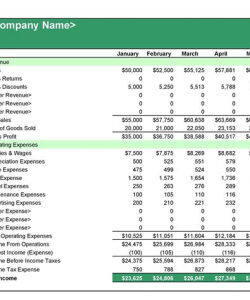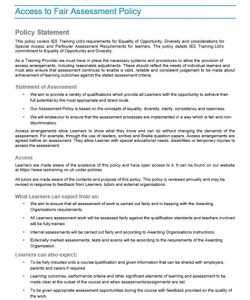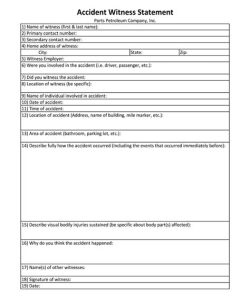The university application personal statement is your chance to shine and show the admissions committee who you are beyond your grades and test scores. It’s your opportunity to tell your story, highlight your accomplishments, and explain why you’re the perfect fit for their university. But writing a personal statement can be daunting, especially if you’re not sure where to start. That’s why we’ve put together this university application personal statement template to help you get started.
Before you start writing, take some time to brainstorm and reflect on your experiences, accomplishments, and goals. What makes you unique? What are you passionate about? What are your strengths and weaknesses? Once you have a good understanding of yourself, you can start to develop your personal statement.
Crafting a Compelling Narrative
The best personal statements tell a story. They’re not just a list of accomplishments, but a narrative that shows the admissions committee who you are as a person. When crafting your narrative, focus on a specific theme or experience that you can use to illustrate your strengths and weaknesses. For example, you could write about a time when you overcame a challenge, learned a valuable lesson, or discovered your passion for a particular subject.
Your narrative should be personal and authentic. Don’t try to be someone you’re not, because the admissions committee will be able to tell. Be yourself, and let your personality shine through. Write in a clear and concise style, and avoid using clichés or jargon. The admissions committee wants to get to know you, so make sure your personal statement is a genuine reflection of who you are.
Use specific examples to illustrate your points. For example, instead of saying “I’m a hard worker,” you could say “I worked three jobs to put myself through community college while maintaining a 4.0 GPA.” This will make your personal statement more concrete and believable. Be honest about your strengths and weaknesses. Everyone has weaknesses, so don’t try to hide them. Instead, focus on how you’ve learned from your mistakes and how you’ve grown as a person.
Highlighting Key Skills and Experiences
In addition to telling your story, your personal statement should also highlight your key skills and experiences. This is your chance to show the admissions committee what you have to offer their university. Focus on skills that are relevant to the program you’re applying to. For example, if you’re applying to a business program, you could highlight your leadership skills, teamwork skills, and analytical skills.
Be specific about your experiences. Don’t just say “I volunteered,” but instead say “I volunteered at a local homeless shelter for two years, where I helped to provide food and clothing to those in need.” This will give the admissions committee a better understanding of your skills and experiences. Quantify your accomplishments whenever possible. For example, instead of saying “I raised money for charity,” you could say “I raised $10,000 for charity by organizing a 5k race.” This will make your accomplishments more impressive and memorable.
Tailor your personal statement to each university you apply to. Take the time to research each university’s mission statement and values. This will help you to understand what the university is looking for in its students. Then, tailor your personal statement to highlight the skills and experiences that are most relevant to that university.
Crafting a Conclusion
Your conclusion is your chance to leave a lasting impression on the admissions committee. Restate your main points, and explain why you’re the perfect fit for their university. Be confident and assertive, but don’t be arrogant. The admissions committee wants to see that you’re confident in your abilities, but they also want to see that you’re humble enough to learn from others.
End your personal statement with a strong call to action. Tell the admissions committee what you’re hoping to achieve at their university, and how you plan to contribute to the university community. This will show the admissions committee that you’re not just interested in getting into their university, but that you’re also committed to making a difference.



